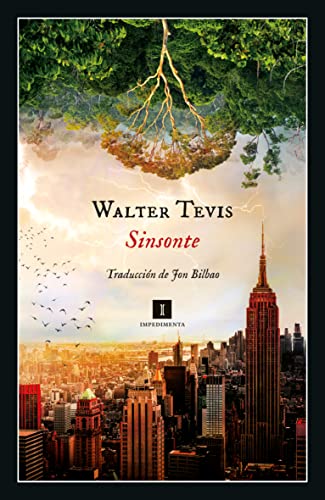The future is a temptation for any narrator who prides himself on probing the drifts of our civilization. Because historical fiction covers the intrahistorical story with more chicha about what we were. Other types of writers are left with the task of dealing with what we will be. Walter Tevis picked up the gauntlet in this 1980 novel that, surely, has found a new place on the novelty shelves with its reissue vitola, thanks to Netflix and its idyll with another of his works: «Gambito de Dama».
Be that as it may, welcome be coincidence or fortune to peek into a fascinating dystopia with self-induced post-apocalyptic overtones. Whether from our faith and dedication to technology, artificial intelligence, the Internet of things or robotics.
Hundreds of years have passed and the Earth has become a dark and dystopian planet where robots work and the human being can only languish, lulled by electronic bliss and narcotic happiness. In such a world without art, without reading and without children, people choose to burn themselves alive so as not to bear reality.
And it is in this scenario where Spofforth, the most perfect machine ever created, an android of unlimited duration that has lived for centuries and is currently dean of New York University, cherishes his greatest wish: to be able to die.
The only problem is that his programming prevents him from committing suicide. Until two characters intersect in his life: Paul Bentley, a human who has learned to read after discovering a collection of old silent movies; and Mary Lou, a rebel whose biggest hobby is spending hours and hours at the Brooklyn Zoo admiring the automaton snakes. Soon Paul and Mary, like two modern biblical Adam and Eve, will create their own paradise in the midst of desolation.
You can now buy the novel Mockingbird, by Walter Tevis, here:

